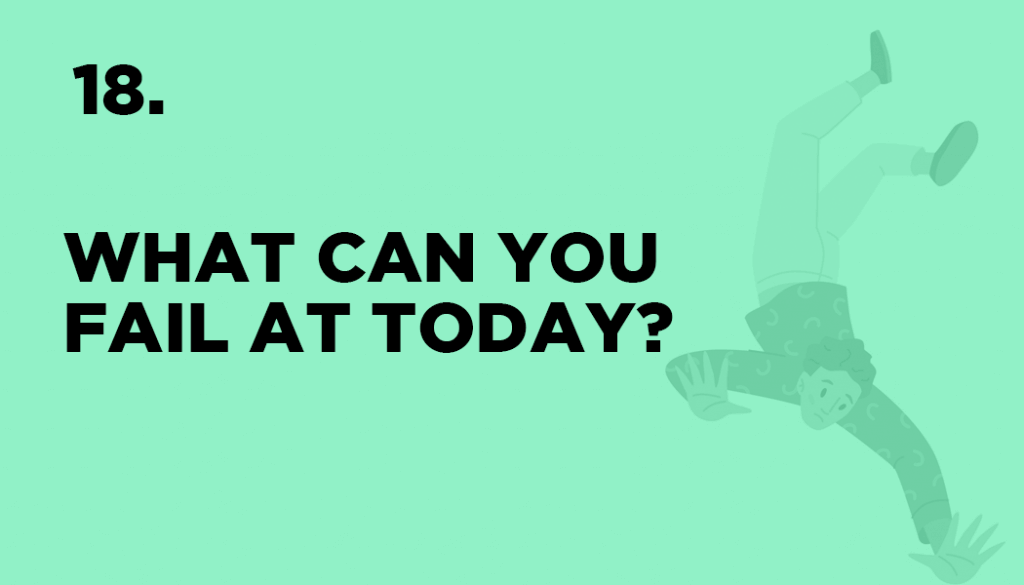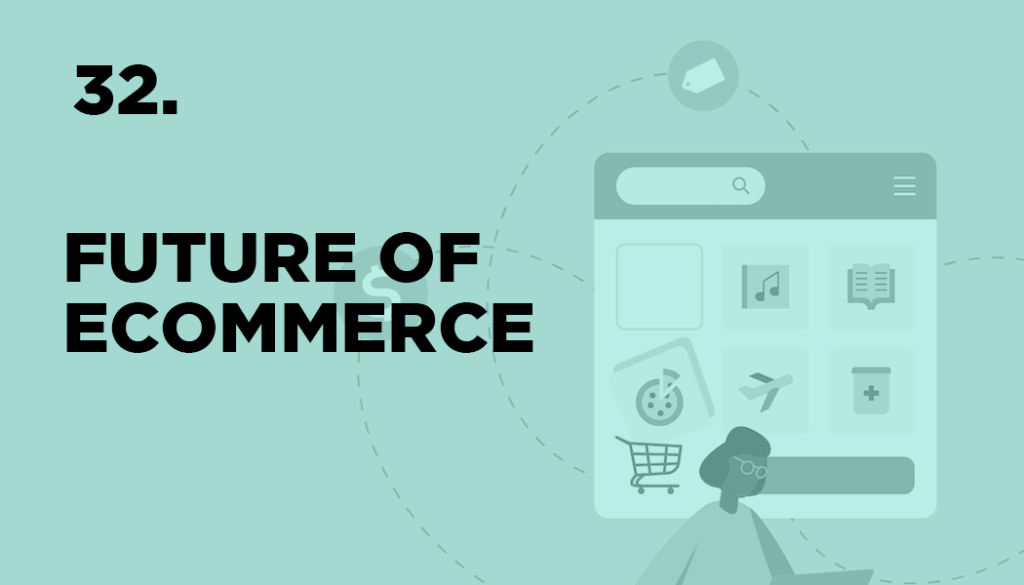The longer you live, the more you fail. Failure is the mark of a life well lived. In turn, the only way to live without failure is to be of no use to anyone. Trust me, I’ve practiced.”
Wit, p788 in Oasthbringer
There is much to be learned from the creative process, as this is where human brilliance lies. But there is no creativity without failure.
This process requires the ability to fail, and today, the nervous system translates failure as death. Our society translates to failure with a negative connotation.
Don’t try not to fail. In addition, we give too much attention to other people’s failings, waiting for each other to fail.
Failure is just as expansive as success. Therefore, our expectations to succeed or fail are in the way of our creation process.
When we are young, we are not afraid to fail. We fall down repeatedly when learning to walk, but it does not phase us. As we age, we shy away from trying something new, with the risk of failing vs. continuing on the same path decreasing. The fear of failure limits what we expose ourselves to, which does nothing good. We stop practicing the behavior of learning something new, and when we are faced with new challenges, it becomes overwhelming.
A failure should not deflate our ego but speak the truth that it brings us into greater knowing. That is, it is all a part of the creative process.
So, With That, I Encourage You to Fail!!!
Every year at Roomhints, we track company goals, personal goals, and failures. We treat them all with the same amount of praise. Yes, we praise a project that failed the same as getting 500 new customers. But more importantly, we all allow ourselves to fail. We allow ourselves to create and drop the expectation of whether it will fail or succeed. Each quarter, every person within the company picks one new thing they will learn or launch.
The greatest originals are the ones that fail the most, because the are the ones that try the most”
Adam Grant.
The more you fail, the better you get at failing, the more you learn about the creative process, and the closer you are to your breakthrough!
One thing separates the good from the great, those who live a steady life vs. those who go after their dreams, and that one is, embracing failure and dropping the expectation to succeed.
If I have not convinced you to fail yet, here are five advantages of failure.
1. Failure Illustrates The Problem You Are Solving?
You can walk and walk and walk all day long, but not till you fall do you understand what walking is.
When your product fails, you are forced back to square 1, the beginning. When back at square one, your mindset shifts to a state of having nothing to lose. You push the limits a bit more, get more creative, and enter into a state of extreme execution. When you keep pushing the product further and do not fear failure, that’s when the breakthrough happens.
2. Failure Fosters Creativity Which Leads to Evolution
When we launched Roomhints app in 2013, a week after launch, it had amassed 20,000 downloads, was featured on Apple, and we could not keep up with demand. We were so happy with the success that we thought we were invincible. But one big thing was wrong with this app – it was not making money.
“It’s about going through false starts,” Systrom said at a conference in 2012. And, yep, “Burbn was a false start. The best companies in the world have all had predecessors. YouTube was a dating site. You always have to evolve into something else.”
Kevin Systrom, Founder Instagram.
During that time, the startup culture mentality was: build the product, get users, then once you build a community, you can figure out how to monetize it. At the NY Tech event, startups pitched on stage were praised when a venture capitalist asked, “What is your business model?”
The startup would reply, “We don’t have one.” This was the norm. I will say this is in NO WAY the norm anymore. For Roomhints, we would need to get 100s millions of users to be valuable to monetize the audience off ad revenue.
We didn’t believe in this strategy and set out to figure out how to monetize the organic traffic we had using the app each day.
- $5 for a hint
- $29 for 3 hints
- $329 for full design package
- $129 for the design of a room.
- $99 monthly subscription to an interior designer
You name it. We tried it. We tried every iteration of the business model possible.
But nothing stuck. The more we charged, the higher the expectations and the app could not meet these expectations. The less we charged, the poorer the quality of service from the designer, and the questions were not easy to answer. “How do I furnish a living room that is 9 x 11 and has a side corner of 3 x 5?” Or I have a 5 x 5 living room and want to fit a dining table and sectional sofa.” There was no logic, and the majority of users were asking surreal questions. There was no reality to fit the furniture they wanted into their space. We would be honest and say “it is not possible with the space you have.” But that would not lead to a repeat customer. We were paid to provide them with answers.
We tried to delineate the amount that people could ask to only 200 characters and direct the questions to be one product suggestion.
Such as, “What rug can go with this living room?” But we needed the entire view of the room or space to understand this question. We needed more information. The platform needed to be able to do more.
Each failure and experiment got us closer to building Roomhints.com as it is today. A marketplace connecting professionals and clients to help people design their home or office.
3. Failure Brings You Back to Reality
When you are sure that something will work, you convince people to join your team because you know it will be a big success. You believe it in all your mind. You hype it up and know it can’t fail. It won’t fail. But then it does. It scrapes away that entitlement and makes you realize that so much is out of your control.
You learn to understand and appreciate the process and not put as much pressure or control over the outcome. This shift in mindset can enable you to experiment more and, thus, get closer to the solution or success!
4. Failure Keeps You on Your Path
In Isadore Sharp’s biography, Four Seasons, he talks about a time when he was looking to build a thousand-apartment and two-hundred-room hotel complex in Vancouver on waterfront land called Coal Harbour, adjacent to Stanley Park. The Mayor of Vancouver wanted the complex to be moved 100 feet away from Stanley Park. But Issy was insistent and claimed the property was already hundreds of feet from Stanley Park entrance. In the end, Issy lost this deal.
Looking back, he states:
“That was one of my biggest gaffes, one that might have again altered the course of my life. If that project had gone ahead and I had built all those apartments, I could have made so much money that I might never have become a hotelier.”
Isadore Sharp. Founder, Four Seasons
5. Failure Opens New Doors
A Baltimore TV producer told Oprah Winfrey she was “unfit for television news.”
According to Become Your #1 Fan, Winfrey was fired from her evening news reporter gig with Baltimore’s WJZ-TV because she got too emotionally invested in her stories. A Baltimore TV producer reportedly told her she was “unfit for television news.”
As a consolation, though, he offered her a role on a daytime TV show, People Are Talking.
The show became a hit, and Winfrey stayed for eight years, according to Biography.com.
Winfrey eventually hosted The Oprah Winfrey Show, which aired for 25 seasons. She’s currently worth an estimated $3 billion, according to Forbes.
Here’s another example: Lisa Kudrow got fired from Frasier, which at the time felt like the biggest blow in her career. However, if this hadn’t happened, she would not have been cast for Friends.
In Conclusion
The faster you learn to love failing, the less resistance you will have on your path to success. Failure is inevitable. Get good at being outside of your comfort zone and unable to control the situation. When you embrace failure, it is easier to move forward after you fail. You know that something greater is coming into your life.
“Feeling that he must run and that he will take root forever and stand, does both at once and neither, grows blind, and then sees everything, steps and becomes a man of stars instead.”
–James Dickey
Want to read more about the importance of failure? Check out failure is part of innovating by the founder of OpenText or Adam Grant’s speech on The Surprising Habit of Original Thinkers.




